
One of the tasks and solutions of Resolution No. 71/NQ-TW is to strongly innovate institutions, create specific and outstanding mechanisms and policies for the development of education and training.
Specifically, focus on perfecting legal regulations to promptly remove bottlenecks and bottlenecks in institutions, mechanisms and policies; improve the quality and effectiveness of law making and enforcement; promote innovation and create development in education and training.
Promote decentralization and delegation of authority associated with resource allocation, enhance autonomy and self-responsibility of educational institutions associated with effective inspection and supervision.
Reduce the number of management agencies for educational institutions, ensure the principle of linking professional management responsibilities with human resource and financial management, and enhance training and fostering of educational management staff in accordance with the two-level local government model.
Building an open, interconnected education system, promoting lifelong learning and building a learning society.
There are special and outstanding preferential policies for teachers; increase vocational allowances for preschool and general education institutions to at least 70% for teachers, at least 30% for staff, and 100% for teachers in particularly difficult areas, border areas, islands, and ethnic minority areas.
Ensure full and comprehensive autonomy for higher education institutions and vocational education institutions regardless of the level of financial autonomy.
Develop appropriate policies to mobilize talented people outside of the teaching force to participate in teaching and training in educational institutions.
Implement a co-tenant lecturer system for talented people working at public service units.
There is a mechanism to encourage talented people to preside over scientific research activities at educational institutions.
Ensure full and comprehensive autonomy for higher education institutions and vocational education institutions regardless of the level of financial autonomy.
Complete regulations on staffing, standards, conditions, recruitment and appointment processes for professors, associate professors and other lecturer positions in accordance with international practices and Vietnamese reality.
On that basis, universities and vocational education institutions are assigned to decide and implement in accordance with their school's conditions, decide on recruitment, hiring of lecturers, appointment of leadership and management positions for talented people from abroad.
State budget expenditure on education and training reaches at least 20% of total state budget expenditure.
Fundamentally innovate financial mechanisms and policies and investment in education and training. Allocate state budget to universities and vocational training institutions based on mission, quality and efficiency according to a unified mechanism across the sector; prioritize ordering and assigning tasks to key sectors and fields based on output results.
State budget expenditure for education and training reaches at least 20% of total state budget expenditure, of which investment expenditure allocation reaches at least 5% of total state budget expenditure and expenditure for higher education reaches at least 3% of total state budget expenditure.
Agree on the policy of building and implementing the new National Target Program on modernization and improving the quality of education and training for the period 2026 - 2035; prioritize investment in higher education.
Expanding financial support policies and preferential credit for learners
Expand financial support policies and preferential credit for learners, not allowing any students to drop out of school due to financial conditions.
Develop and implement the Talent Training Project, prioritizing basic sciences, engineering and technology . Establish a National Scholarship Fund and effectively promote other talent and learning encouragement funds from the state budget and other legal sources to encourage learning and develop the education career.
Raise standards of educational facilities at all levels, regulate minimum areas, standards, and criteria to gradually approach regional and international standards . Prioritize clean land funds, allow flexible conversion of land use purposes to educational land; focus on site clearance, and allocate clean land for educational and training projects.
No corporate income tax is applied to public educational institutions and private educational institutions operating not for profit.
No land use fees, reduction of land rent and land tax for domestic educational institutions.
Corporate income tax is not applicable to public educational institutions and private educational institutions operating on a non-profit basis.
Prioritize the allocation of surplus state agency headquarters after reorganization to educational institutions; allow the application of the form of leasing state-owned facilities to private educational institutions.
Develop strong enough mechanisms and policies to encourage organizations and enterprises to invest in education and training development; promote public-private partnership; expand cooperation and linkages between higher education institutions, vocational education institutions, research institutions, organizations and domestic and foreign enterprises; prioritize credit capital for education and training development projects. Develop a legal framework to form a funding fund for educational institutions to mobilize community capital.
Updated September 3, 2025
Source: https://laichau.gov.vn/tin-tuc-su-kien/chuyen-de/tin-trong-nuoc/nghi-quyet-so-71-nq-tw-nang-phu-cap-uu-dai-nghe-cho-giao-vien.html



![[Photo] Rescuing people in flooded areas at the foot of Prenn Pass overnight](https://vphoto.vietnam.vn/thumb/1200x675/vietnam/resource/IMAGE/2025/9/6/19095b01eb844de98c406cc135b2f96c)
![[Photo] Prime Minister Pham Minh Chinh attends the 80th Anniversary of the Vietnam Posts and Telecommunications Group](https://vphoto.vietnam.vn/thumb/1200x675/vietnam/resource/IMAGE/2025/9/6/39a89e5461774c2ca64c006d227c6a4e)


![[Photo] General Secretary To Lam attends the 80th Anniversary of the General Staff of the Vietnam People's Army](https://vphoto.vietnam.vn/thumb/1200x675/vietnam/resource/IMAGE/2025/9/6/126697ab3e904fd68a2a510323659767)
![[Photo] 80th Anniversary of the General Staff of the Vietnam People's Army](https://vphoto.vietnam.vn/thumb/1200x675/vietnam/resource/IMAGE/2025/9/6/49153e2a2ffc43b7b5b5396399b0c471)
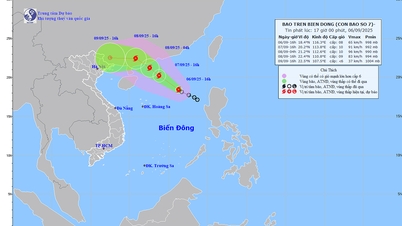

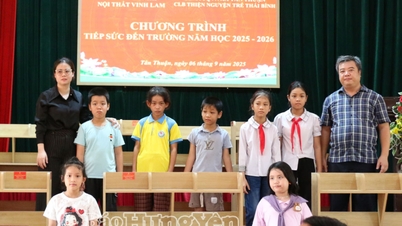



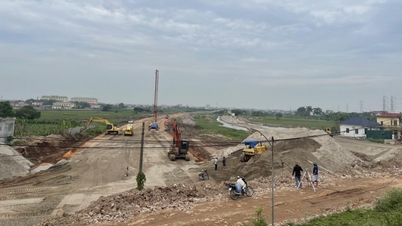







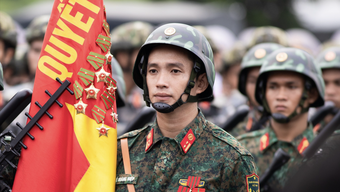

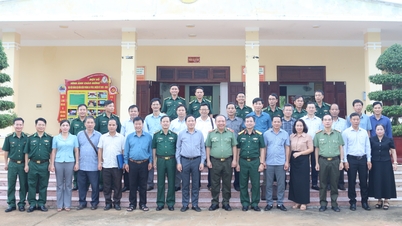



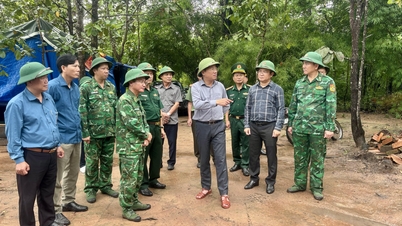
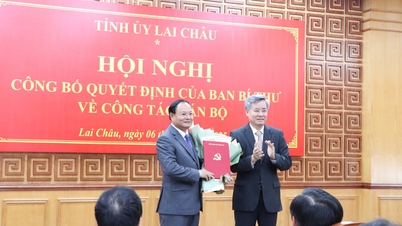
![[Photo] Many people directly experience beloved Uncle Ho and the General Secretaries](https://vphoto.vietnam.vn/thumb/1200x675/vietnam/resource/IMAGE/2025/9/6/2f4d9a1c1ef14be3933dbef3cd5403f6)










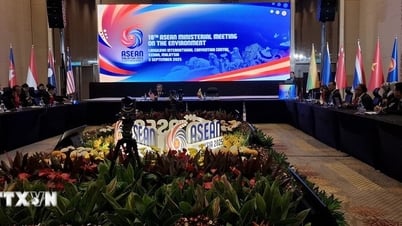



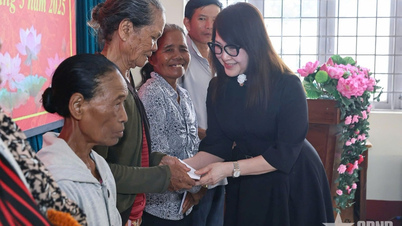






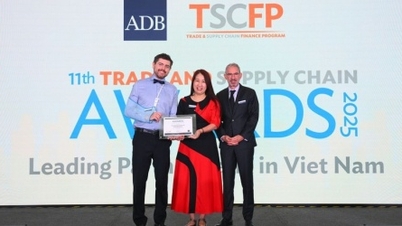

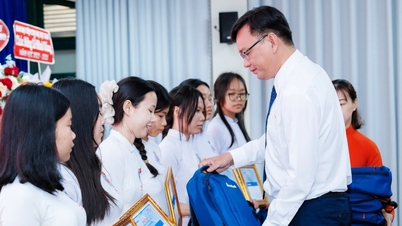

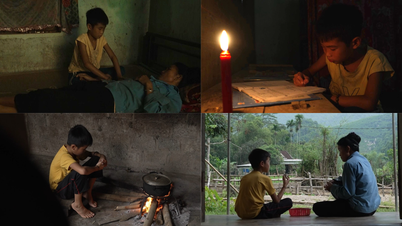


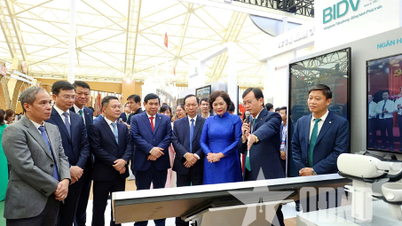
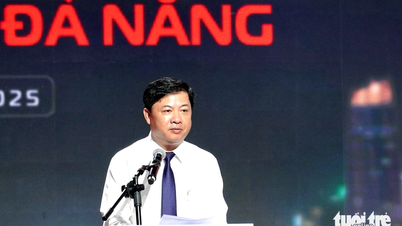



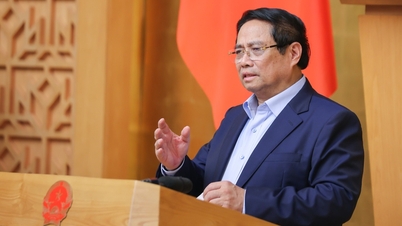


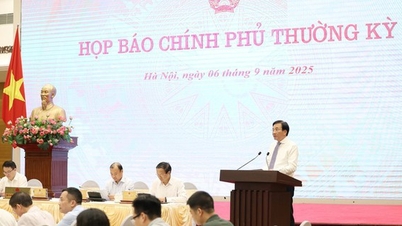


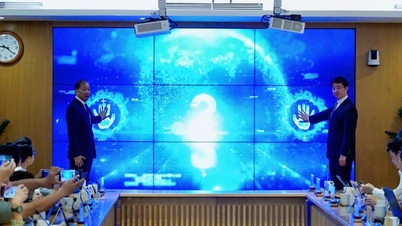



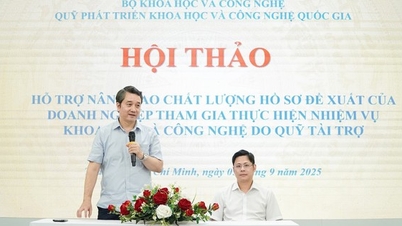
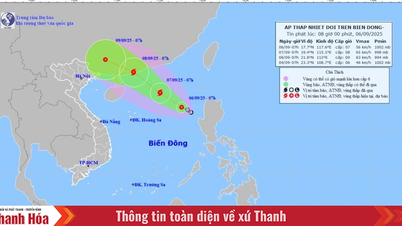







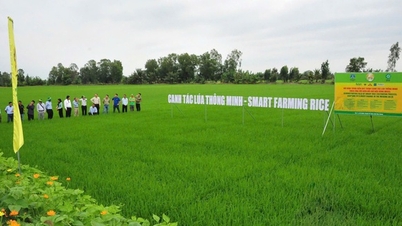

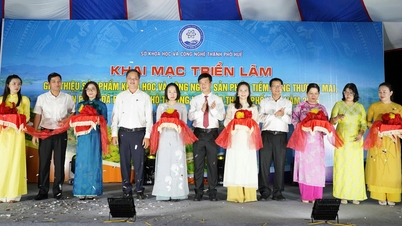








Comment (0)